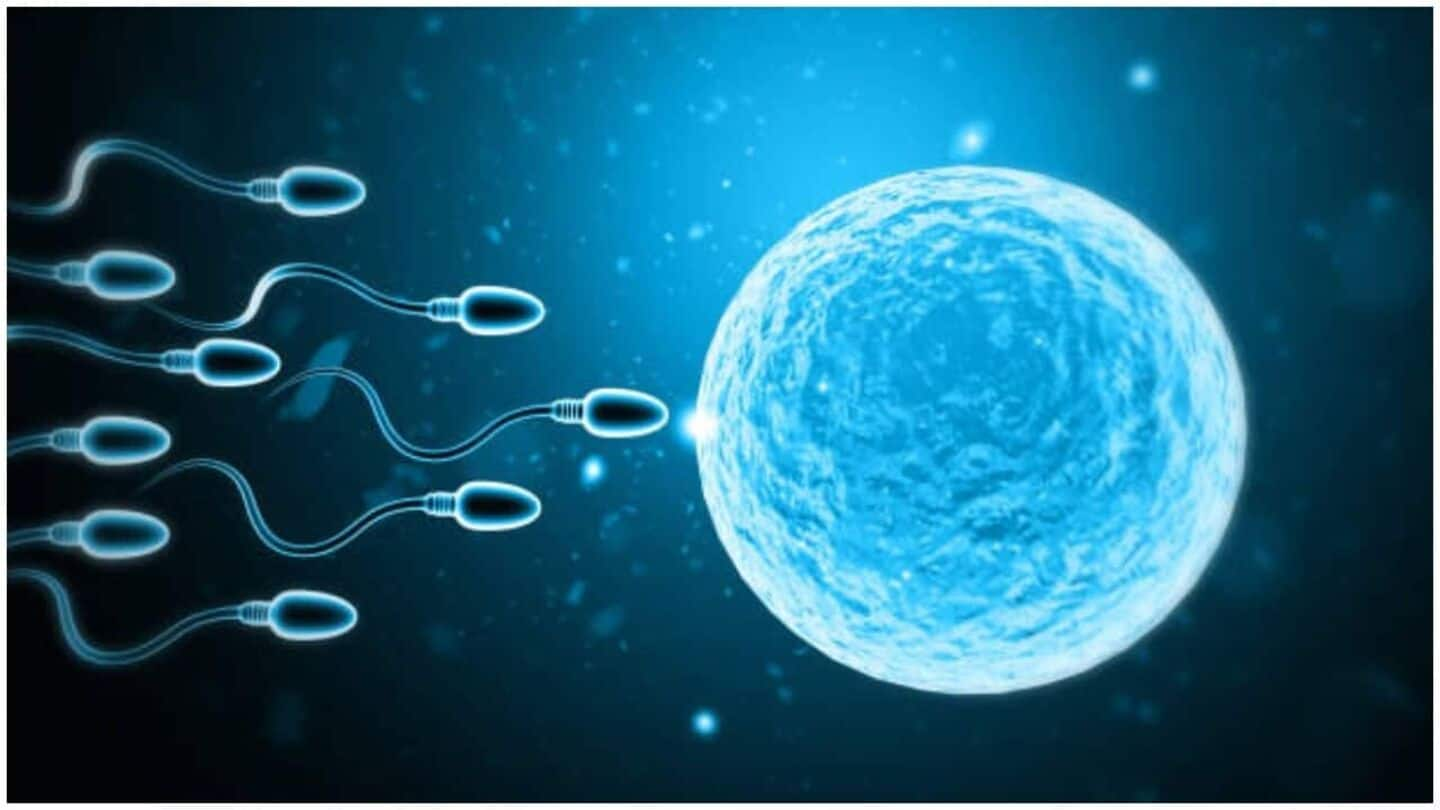
Sperm donor with genetic mutation fathers 67 children—10 get cancer
What's the story
Scores of children across Europe were conceived using the sperm of a man carrying a rare genetic mutation linked to cancer. According to Edwige Kasper, a scientist at Rouen University Hospital in France, the donor's sperm was used to conceive at least 67 children from 46 households born between 2008 and 2015. It has since been linked to brain tumors and Hodgkin lymphoma in 10 of the donor's children.
Health impact
Mutation undetected at donation, now linked to 10 cancers
The donor had a rare mutation in a gene named TP53, which is likely to cause Li-Fraumeni syndrome, a rare disorder that increases a person's chances of getting cancer. Another 13 children carry the gene but haven't developed cancer yet. They will need regular medical examinations due to their heightened cancer risk and have a 50% chance of passing it on to their offspring.
Bank's response
European Sperm Bank responds to cancer-linked donor case
The European Sperm Bank, where the donor donated his sperm, said he was tested above the required standards. Julie Paulli Budtz from the bank said they are "deeply affected by this case" and stressed the need for international dialogue on setting family limits per donor. "Every human being has about 20,000 genes, and it is scientifically simply not possible to detect disease-causing mutations in a person's gene pool if you don't know what you are looking for," she told CNN.
Regulation debate
Case sparks debate over donor sperm regulation
The case has sparked a debate over the need for tighter regulations on donor sperm usage across Europe. Currently, there are no unified limits on how many children can be conceived using a single donor's sperm. France allows 10 births per donor, Denmark permits 12, and Germany allows up to 15. "We need proper regulation...to try to prevent it from happening again and to implement measures to ensure...worldwide limit on number of offspring conceived from the same donor," Kasper said.
Tracking systems
Experts call for better tracking systems for donor usage
Experts have also called for better tracking systems to monitor donor usage and inform recipients about potential risks. Professor Nicky Hudson from De Montfort University highlighted the complexity of tracing families across multiple countries when gametes are shipped internationally. "Is 67 the total? It's a really good question that I've asked the sperm bank. They didn't want to tell me the denominator of the births for this donor," she said.